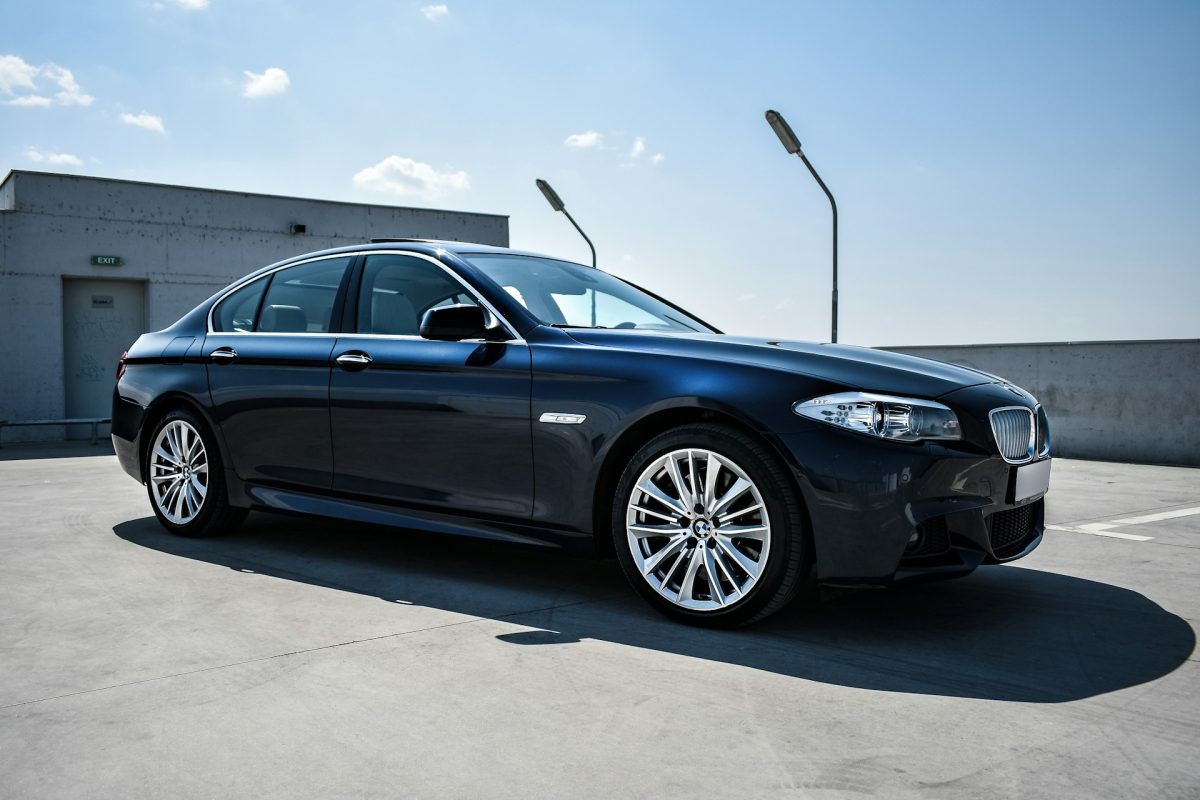In the world of automotive care and preservation, paint protection film (PPF) has emerged as a game-changer that offers remarkable protection for your vehicle’s finish. Designed as a clear urethane material that adheres to your car’s bodywork, PPF safeguards against the harsh effects of scratches, UV radiation, acidic environmental contaminants, and even mundane exposure to natural elements. As a result, your vehicle’s finish can remain in pristine condition, potentially increasing its resale value in the long run.
In this comprehensive guide, we will explore the various benefits of paint protection film, discuss the common materials used, and explain the intricate application process. Additionally, we will provide insights into making the best PPF choice for your vehicle based on your unique needs, and highlight the importance of trusting an expert provider like AutoMask for professional installation services.
As vehicle owners seek effective and lasting solutions to protect their prized possessions, paint protection film has rapidly gained popularity in the automotive industry. Its versatile and robust properties make it an ideal choice for preserving your car’s appearance, while also simplifying maintenance routines. Whether you own a luxury sports car, an everyday family vehicle, or a commercial fleet, PPF offers invaluable protection and peace of mind that your investment remains well-maintained.
Benefits of Paint Protection Film
As an automobile owner, you want to see your vehicle maintain its stunning appearance over the years. Quality paint protection film (PPF) offers many benefits to help you achieve this goal:
- Protection from Scratches and Stone Chips: PPF acts as an invisible shield, defending your vehicle’s paint against scratches and damage caused by stones, debris, and minor impacts.
- UV Ray Protection: PPF filters harmful UV rays, reducing potential fading and paint discoloration over time.
- Chemical Resistance: The film offers protection against acidic contaminants such as bird droppings and tree sap, which can cause etching or staining.
- Easier Maintenance: PPF promotes a self-healing surface, which allows minor scratches to disappear under heat and makes cleaning simpler.
- Increased Resale Value: By preserving your vehicle’s paint condition, PPF can contribute to maintaining a higher resale value.
Common PPF Materials
Different types of paint protection films are available on the market, including:
- Thermoplastic Polyurethane (TPU) Film: TPU is a popular choice for PPF due to its incredible durability, self-healing properties, and resistance to yellowing and oxidation.
- Fluoropolymer Films: These films offer a high gloss finish but may not have the same level of self-healing properties as TPU films.
Application Process
The PPF application process requires precision and accuracy to ensure optimal results. Here’s what you can expect during a typical installation:
- Surface Preparation: Before applying PPF, the vehicle’s surface is thoroughly cleaned and carefully inspected for any imperfections.
- Precut Patterns: Professional installers use computer-designed templates, ensuring an accurate and custom fit for your vehicle’s specific make and model.
- Application: The film is carefully applied, using specialized tools to contour the PPF to the vehicle’s surface while preventing bubbles or imperfections.
- Post-Installation Curing: The vehicle is left to cure for a period, allowing the adhesive to bond properly and ensuring a flawless finish.
Selecting the Right PPF
With various choices available, finding the perfect paint protection film for your vehicle may seem overwhelming. Consider these factors when making your decision:
- Intended Use: Consider your driving habits and the level of protection you require. Are you seeking protection from daily wear and tear or targeting specific environmental factors such as UV rays or stone chips?
- Budget: Determine how much you are willing to spend without compromising on quality and durability.
- Aesthetic Preferences: Choose a PPF based on its appearance, such as the level of gloss or clarity you desire.
- Consult with Professionals: Reach out to experienced PPF installers like us to discuss your needs and obtain guidance on the most suitable options for your vehicle.
The Importance of Professional PPF Installation
While some DIY enthusiasts may be tempted to tackle PPF installation themselves, enlisting the help of a professional installer offers significant advantages:
- Expertise: An experienced installer will provide the necessary guidance, proper application methods, and details on aftercare procedures, ensuring a successful installation.
- Attention to Detail: Expert installers will thoroughly inspect the vehicle before and after application to guarantee a flawless finish.
- Customized Solutions: Trained professionals can recommend the most suitable PPF option for your specific needs and preferences.
- Warranty: Most professional PPF installers offer a warranty, giving you peace of mind in the longevity and performance of your investment.
Conclusion
Investing in paint protection film is a proactive decision that benefits the condition and appearance of your vehicle for years to come. By understanding the PPF materials available, the application process, and the value of professional installation services, you can make an informed decision that helps preserve your vehicle’s finishes, maintain its resale value, and keeps it looking stunning throughout its lifespan.
Choose the best paint protection film and secure top-quality installation from our experts at AutoMask. We pride ourselves on our attention to detail, dedication to customer satisfaction, and expertise in the field of PPF application. Protect your vehicle’s finish with the support of a trusted professional. Contact Auto Mask today to schedule your PPF consultation!

